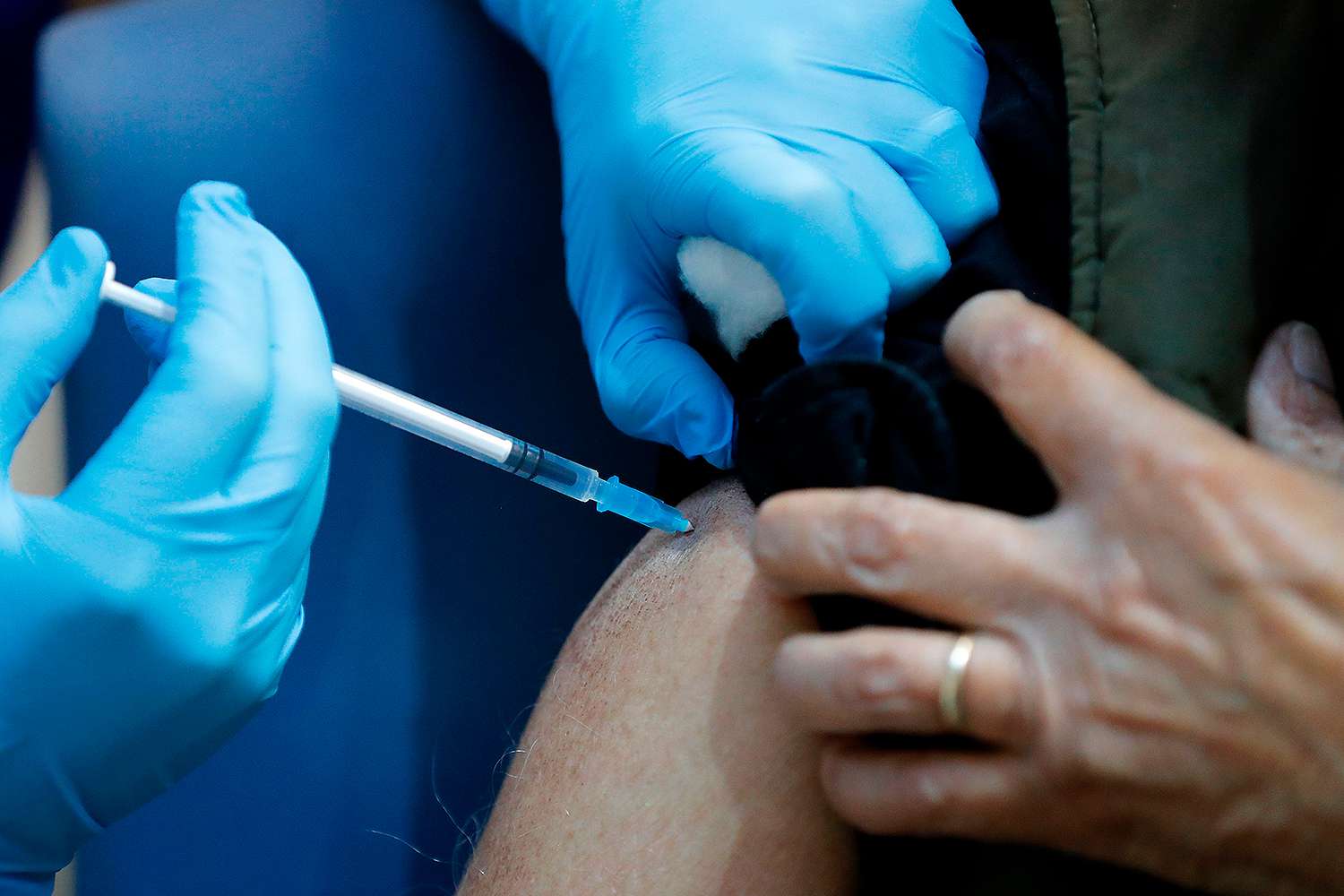
As more Americans are getting vaccinated against COVID-19 and reporting their post-dose symptoms to the Centers for Disease Control, a pattern has emerged: Women are experiencing stronger side effects from the vaccines than men.
In data collected from the first month of COVID-19 vaccinations, which included the Pfizer and Moderna vaccines, 79.1% of the vaccine side effects reported to the CDC were in women, despite women receiving just 61.2% of the doses.
Women also accounted for almost all of the very rare, but possible, anaphylactic reactions to the two vaccines. Of the 19 people who experienced an allergic reaction to the Moderna vaccine, all were women, as were 44 of the 47 people who reported reactions to the Pfizer vaccine.
"I am not at all surprised," Sabra Klein, a microbiologist and immunologist at the Johns Hopkins Bloomberg School of Public Health, told The New York Times. "This sex difference is completely consistent with past reports of other vaccines."
The differences in side effects between men and women could have to do with their immune systems. Women tend to have stronger immune responses to viruses, which is in part why men have been more likely to become severely sick with COVID-19 this past year. And when a COVID-19 vaccine is introduced into a woman's system, it could be that her body creates a stronger immune response that results in more intense side effects.
"Men seem to have worse outcomes [with COVID-19] … Is it that women generate a bit more of a robust immune response? Maybe that accounts for some of the differences in side effects," Dr. Anne Liu, an infectious disease physician at Stanford Health Care in Palo Alto, California, told Today.
Luckily, the side effects from the vaccine — which can include fever, chills and headaches — should go away after 1 to 3 days. Plus, having side effects is a good sign that the vaccine is working, and that "you are mounting a very robust immune response, and you will likely be protected as a result," Klein said.
With vaccine eligibility opening up and some states seeing a rise in cases as newer variants spread through the country, getting everyone vaccinated, regardless of the short-term side effects, is going to be key in ending the pandemic.
"Vaccines are our friends," Dr. Reynold Panettieri, professor of medicine and pulmonary critical care physician at Robert Wood Johnson Medical School and Rutgers University, previously told PEOPLE. "If we're going to get to the new normal we all want to get to, it's going to require us to be diligent in delivering and accepting the vaccines."
As information about the coronavirus pandemic rapidly changes, PEOPLE is committed to providing the most recent data in our coverage. Some of the information in this story may have changed after publication. For the latest on COVID-19, readers are encouraged to use online resources from the CDC, WHO and local public health departments. PEOPLE has partnered with GoFundMe to raise money for the COVID-19 Relief Fund, a GoFundMe.org fundraiser to support everything from frontline responders to families in need, as well as organizations helping communities. For more information or to donate, click here.
Source: Read Full Article
